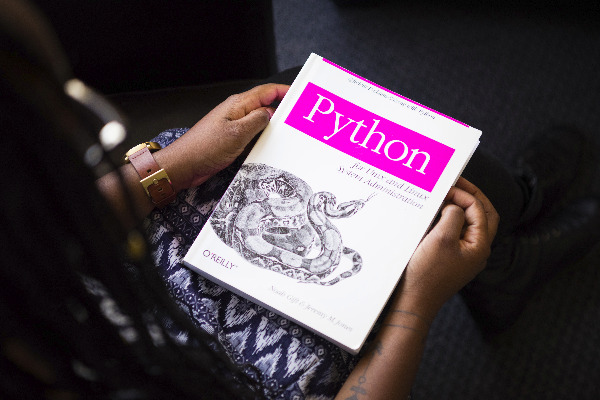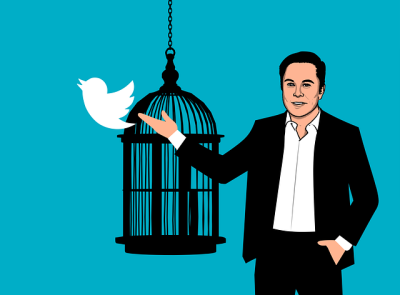Elgg

I wrote here about the open-source software called Elgg almost two decades ago. (Not to be confused with elgg.net which was a social networking site for educators back around 2006 and no longer exists.) Elgg is open-source social networking software that provides individuals and organizations with the components needed to create an online social environment. It offers blogging, microblogging, file sharing, networking, groups, and a number of other features. It was also the first platform to bring ideas from commercial social networking platforms to educational software. It was founded in 2004 by Ben Werdmuller and Dave Tosh
I view those older posts and many of the ones on this site that dates back almost 20 years as historical documents of a sort. I'm tempted at times to update them, and I do sometimes fix a broken image of proofreading mistake, but they may have some value as the documentation of another time in edtech history.
How many of the alternatives to commercial course management systems from my 2006 list still exist? I looked up Elgg to see if it was still in use. The Wikipedia entry shows that an impressive list of sites are using Elgg. The list includes Oxfam, the Australian, Dutch, Canadian and British Governments, New Zealand Ministry of Education, State of Ohio, USA, The World Bank, UNESCO, and the United Nations Development Programme.
Here is one of those old posts - expect broken links.
Elgg is software for building a personal learning landscape.†OK, and what is that? The software is from the Unired Kingdom. I first saw it mentioned on the Moodle site and thought it was a kind of plug-in to Moodle. It uses blogs, e-portfolios, shared files, RSS feeds and other "social networking" tools. I thought it had been designed for educational use, but looking through the users, it has a good number of general users.
Their site has a demo community set up and their resources/links are set up using an embedded wiki. You can create a free user account and will get space for a blog, RSS feeds, aggregator to read other peoples content, space to store your own resources (files). As a guest, you can still view items made public in user profiles - here's mine
Since their new release is version 0.601, this is obviously new beta software. So does this replace a Moodle or Blackboard, or supplement it, or serve a different purpose?
I'm hoping that my collaborator here, Tim Kellers, will have more to add in a follow-up posting. He has installed Elgg and worked with it for a while.
http://webapps.saugus.k12.ca.us/community - California's Saugus Unified School District uses it and as you can see, it is a secure environment with user id and password access. However, take a look at their user introduction pdf document. It's a nice 9 page intro with screenshots. Another K12 district getting ahead of the colleges!
Elgg = software and elgg.net is a site that uses that software.
Ready for the test? Elgg is to Elgg.net as ____ is to Wikipedia. (Answer: Mediawiki)
Well, to deal with that confusion (or further confuse you), elgg.net will now be edufilter.org.
Here's an email that went out to users from the Elgg folks:
Changes are afoot at Elgg.net!
Actually, you've been accustomed to change throughout the existence of the site since we started it in 2004. New features pop up all the time, and we think you'll be pleased to hear that this isn't going to stop soon.
However, we're going to change the name. Next Wednesday, Elgg.net will become Edufilter.org.
This is because, for a lot of people, Elgg.net is Elgg. Granted, it's a confusing name. But Elgg is a free, open source, white label social networking framework that anyone can install on their own servers. Want it running at your institution? Point your elearning folks at http://elgg.org.
Elgg.net, meanwhile, is a social network for education - and therefore, we think Edufilter is probably a better name.
You've probably got concerns, so let's deal with the most important:
#1: We're not going to break any of your links. While the front page of Elgg.net will forward to the main Elgg software homepage, anyone visiting elgg.net/your-username will still get to your page. We have no plans to end this, so if your address is printed on materials, don't worry. Everything's fine.
#2: The site will not be discontinued. It continues to be our flagship installation.
Furthermore, making the site overtly educational means we can give you more directed content and features. Sponsorship opportunities are available; if you'd like to promote your product or service available to some of the world's leading lights in elearning, let us know.
Best regards,
The Curverider team
Tim Kellers installed Elgg software here at NJIT, so drop by and register if you want to try it out. I also suggest you go to the elgg.net site and create an account so you can become part of that educator community. I have made some interesting contacts outside the United States from there. Right now I am just having this blog's content mirrored to my elgg blog account by using an RSS feed (yeah, there are some formatting & image issues doing that).
A Few Other Posts
https://serendipity35.net/index.php?/archives/83-More-of-the-Competition-in-the-CMS-Market.html
https://serendipity35.net/index.php?/archives/265-A-directory-to-Web-2.0-Companies.html

